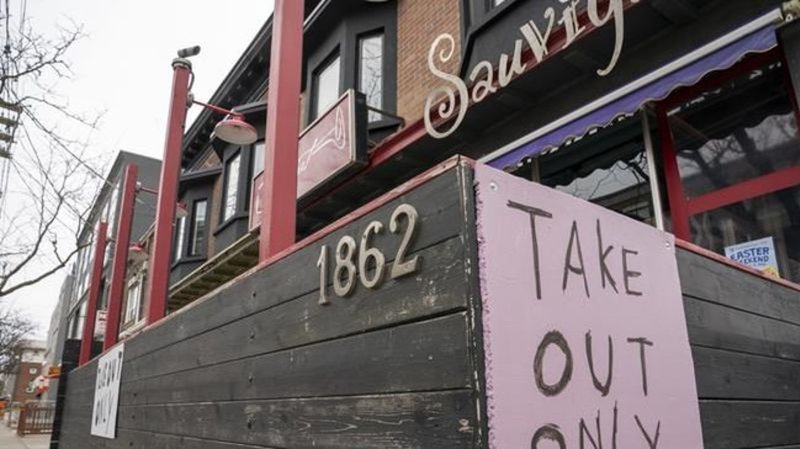
A look at the latest COVID-19 developments in Canada
A look at the latest COVID-19 news in Canada:
— Ontario businesses are dealing with another round of pandemic-related closures and capacity restrictions , but details of financial support remain scant. Restaurants, gyms, cinemas and other indoor venues were forced to close while retail stores and personal care services were limited to half capacity in a government bid to rein in the rapidly spreading Omicron variant that’s caused infections and hospitalizations to skyrocket. It’s a familiar routine now almost two years into the pandemic, particularly in Ontario where restrictions have been reintroduced repeatedly during virus surges. But the the president of the Canadian Federation of Independent Business says the lack of immediate support this time around is “rage-inducing” for struggling business owners.
— GO Transit says staffing shortages caused by the Omicron variant prompted cancellations over the holidays and additional service reductions are planned in the coming days. The regional transit agency serving the Greater Toronto and Hamilton regions says a temporary reduction in train and bus service is set to begin within days, and new schedules will be made available at that time. It says cancellations will be spread across its seven train corridors and bus routes and cancelled trains will not be replaced by buses.
— A Conservative MP is asking Canada’s privacy commissioner to investigate federal reliance on data from mobile devices to understand travel patterns during the COVID-19 pandemic. In a letter to privacy commissioner Daniel Therrien, Tory MP John Brassard accuses the Public Health Agency of Canada of secretly using the pandemic to violate the privacy of Canadians. The Public Health Agency says analysis of location data helps inform policy, public health messaging, evaluation of measures and other aspects of the government’s response to the pandemic.
